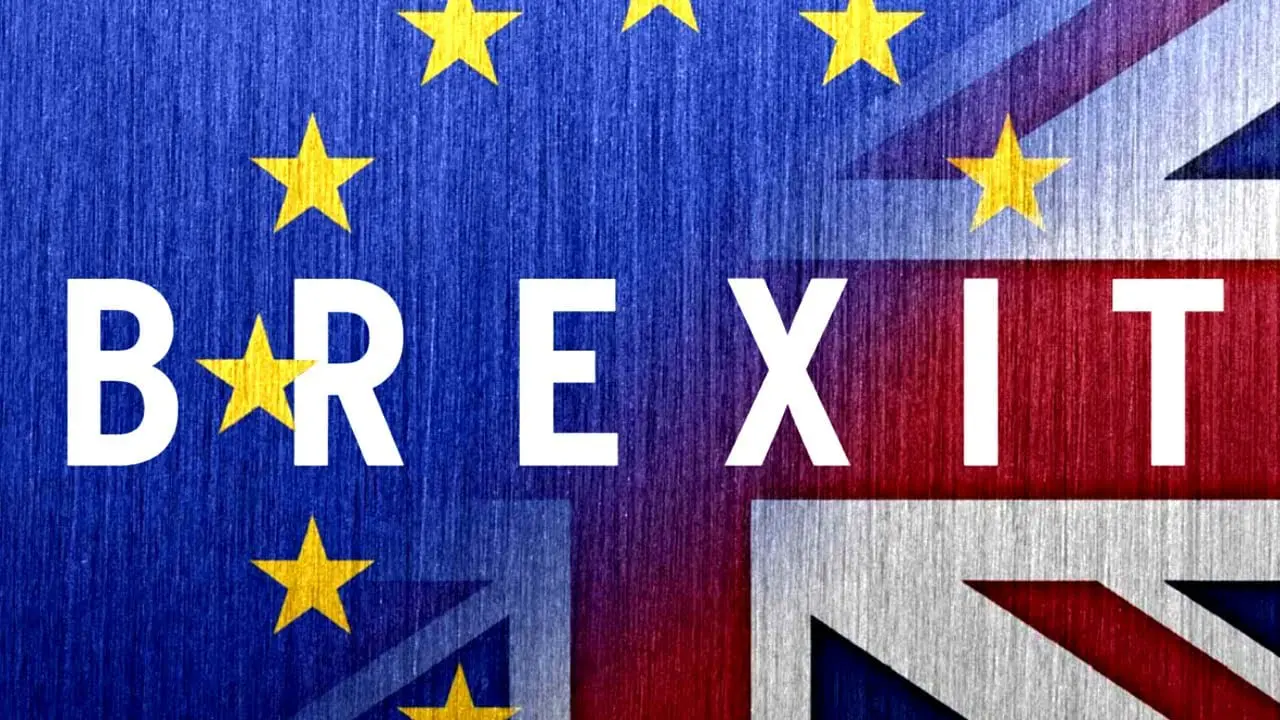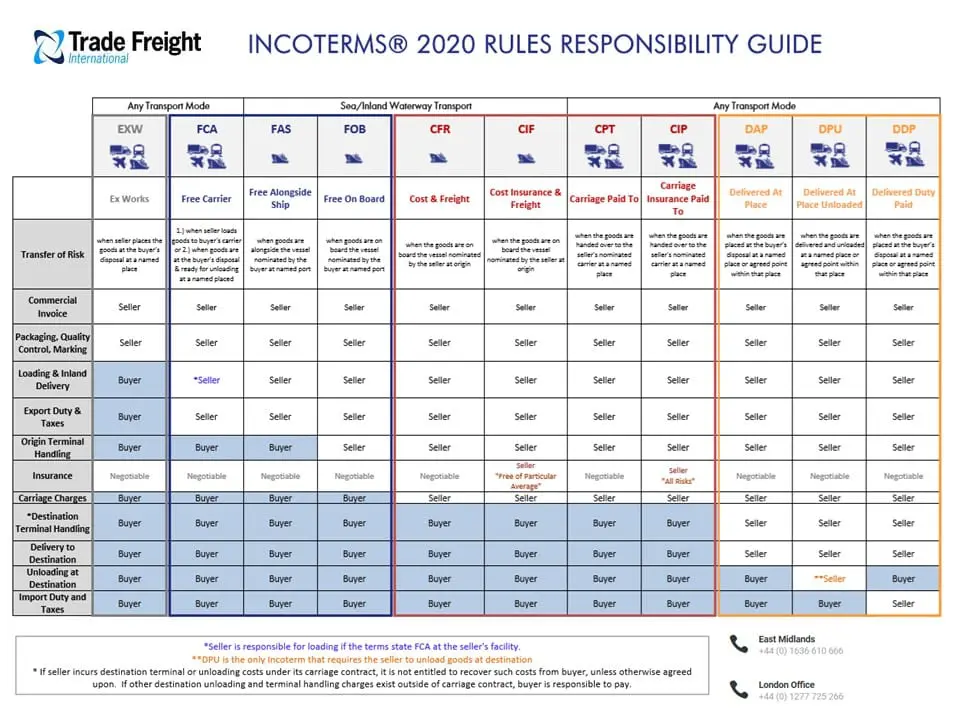At present, the UK government’s position is that Brexit will go ahead as planned regardless of the outcome of negotiations. This means that the freight industry has to assume that it needs to be prepared to exit the EU on 31st December. Here are some of the concerns this fact raises.
Issues with customs
This point has already been raised many times. It is, however, no closer to resolution. The UK has a massive lack of customs officers. What’s more, there is no option to coax former customs officers out of retirement the way former medical staff were encouraged back to work at the height of the COVID19 pandemic. The UK has been a member of the single market for so long that even former customs officers would need extensive retraining.
On the one hand, there is really nothing the freight industry can do about this, other than keep reminding the government that this is something they absolutely must address. On the other hand, the reality is that it is already probably too late to address this, at least for the immediate aftermath of the transition.
Even if all the necessary customs officers could be recruited immediately, they would still need time to be trained. The freight industry will just have to hope that the government will be realistic about this and keep customs processes to an absolute minimum. Hope, however, is not a strategy. This means that the freight industry is going to have to think about how they will deal with the situation.
A vastly increased administrative burden
Brexit was always going to increase the administrative burden on the freight industry. This was never going to be a welcome development given that increased administrative burdens inevitably mean increased costs. It should, however, have been a manageable one.
COVID19, however, has thrown the freight industry a massive curveball. It has been far too busy trying to find a way through the pandemic situation to recruit and train the necessary administrative staff. What’s more, it now faces the prospect of having to recruit and train a high number of people on a long-term temporary basis.
In other words, the freight industry is probably going to need to hire and train a lot of people to deal with the impact of the lack of customs officials. As more and more customs officials come online, however, then this administrative burden should be reduced. In fact, the freight industry may end up hiring and training people who then go on to be customs officers.
While this is undoubtedly going to be a huge challenge for the freight industry, COVID19 may, rather ironically, have shone a light on how to deal with it. Freight companies may be able to have at least some of their administrative work done remotely by freelancers. They would almost certainly need to be trained, but even this can often be done remotely or by bringing people on-site for a short period.
Issues with the supply chain
COVID19 has brutally demonstrated what can happen when the global supply chain is disrupted and it isn’t pretty. Brexit shouldn’t cause anything like that level of disruption. At least, it shouldn’t if it happens on its own. If it happens during a COVID19 outbreak, then there could be implications nobody wants to imagine.
Even in a best-case scenario, however, Brexit is just about guaranteed to disrupt the UK’s supply chain due to the aforementioned lack of customs officers to process imports. Rather ironically, the most pragmatic way to address this might be to try to lure away the customs officers who have already been hired and trained by our European neighbours.



Recent Comments